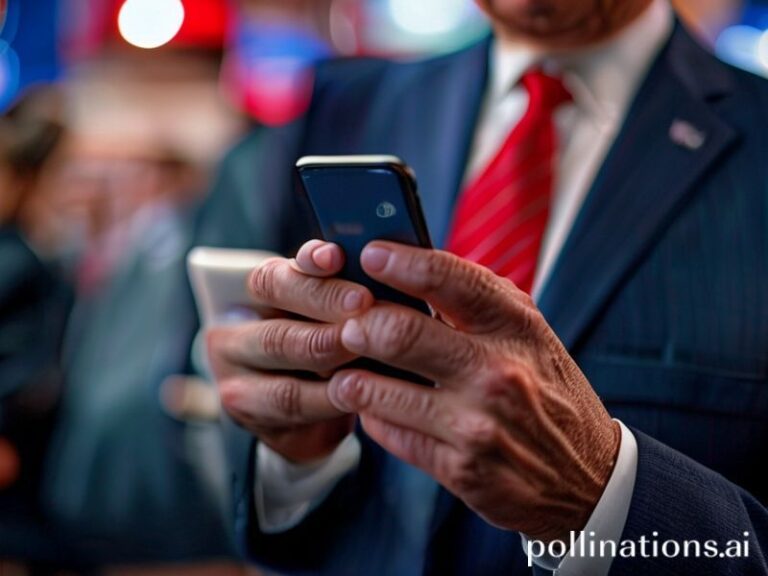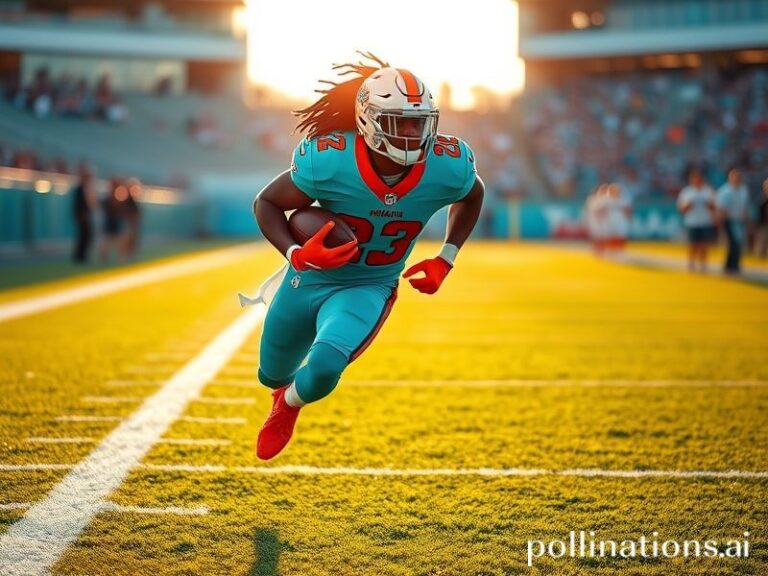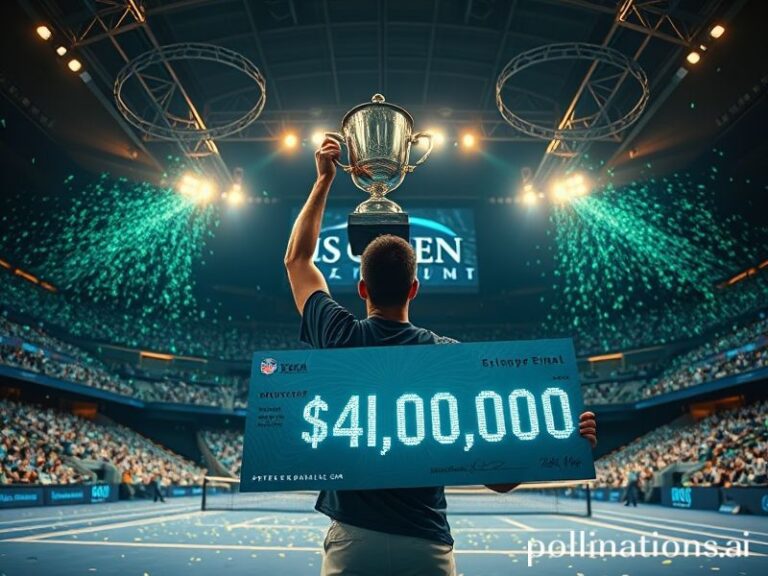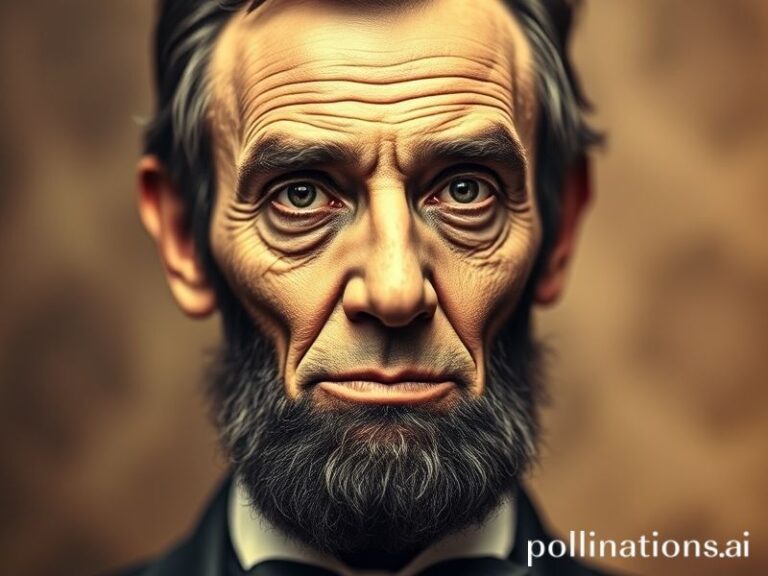Dead Man Clicking: How JFK Jr. Became the World’s Favorite Zombie Politician
From the Roman Forum to the Champs-Élysées, humanity has always enjoyed a good dynastic soap opera. Enter John F. Kennedy Jr.—or, as the international press politely nicknamed him while he was alive, “America’s most famous magazine publisher with the world’s worst flight instructor.” Dead for a quarter-century, he remains the Zelig of global conspiracy culture, popping up in Manila taxi chat shows, Brazilian Telegram groups, and German wellness retreats like a spectral Kennedy-shaped bobblehead. The reason is simple: JFK Jr. is the perfect empty vessel for every nation’s particular brand of magical thinking.
Americans, bless their hearts, still treat the Kennedy clan like the Windsors with better teeth and worse driving records. Overseas, the obsession takes on local color. In Italy, he’s the martyr who would have restored la dolce vita to U.S.–EU relations; in Nigeria, WhatsApp threads claim he faked his death to avoid a Deep State plot run by—you guessed it—Big Vaccine. The French, ever philosophical, shrug that if anyone could reappear from the dead it would be the photogenic heir who once waterski-ed behind a myth. Meanwhile, Chinese TikTokers remix footage of his 1999 plane crash into vaporwave elegies, scored by slowed-down Sinatra. Each culture projects its own daddy issues onto the poor man’s waterlogged memory.
The geopolitical punchline is that JFK Jr.’s posthumous career matters more than his terrestrial one ever did. In life he ran George magazine, a glossy attempt to make politics sexy without the inconvenience of governing—think The Economist with abs. In death, he has become a Rorschach test for the planet’s rising epistemic chaos: if you believe he’s still alive, you probably also believe central banks harvest adrenochrome from kindergarten soccer teams. The QAnon franchise exported this fantasy worldwide, translating it into 28 languages, including Esperanto for the especially deluded. The global reach is staggering. Last month, a Tokyo karaoke bar hosted a “JFK Jr. Is Coming Back” party complete with commemorative oxygen masks. Tickets sold out.
International security services monitor these myths the way oncologists watch suspicious moles. Germany’s Verfassungsschutz recently added the “Kennedy Return” meme to its extremist taxonomy, noting that belief in Junior’s resurrection correlates strongly with anti-vax radicalization and an unwholesome interest in windmill cancer. MI5, never one to miss a trend, quietly opened a file titled “Operation CAMELOT 2.0,” presumably staffed by analysts who spend their lunch breaks debating whether Jackie O’s pillbox hats could stop 5G. Even the Kremlin’s troll farms have joined the fun, seeding Spanish-language Facebook groups with faked photos of JFK Jr. shaking hands with a very much alive Hugo Chávez. The goal, as ever, is not to make anyone believe the story, but to make everyone doubt everything else.
Why does a man who crashed his Saratoga into the Atlantic still hijack the world’s imagination? Because he represents the last moment when Americans looked cool doing politics—before drone strikes, before TikTok diplomacy, before the 45th president turned the White House rose garden into a drive-through chapel. For the rest of the globe, Junior is a nostalgic screensaver for Pax Americana Lite: all the glamour, none of the body count. It’s easier to fantasize about a dead prince returning to save us than to confront the living princes currently auctioning off the planet’s thermostat.
And so the myth endures, buoyed by late capitalism’s most renewable resource: human gullibility. Somewhere in a Dublin pub, a man in a MAGA-green cap insists JFK Jr. will stride through the door any minute now, announce Ireland’s reunification, and buy everyone a round of Guinness. The bartender, used to this, simply sets another empty glass on the counter. After all, the customer is always right—especially when he’s spectacularly wrong.







